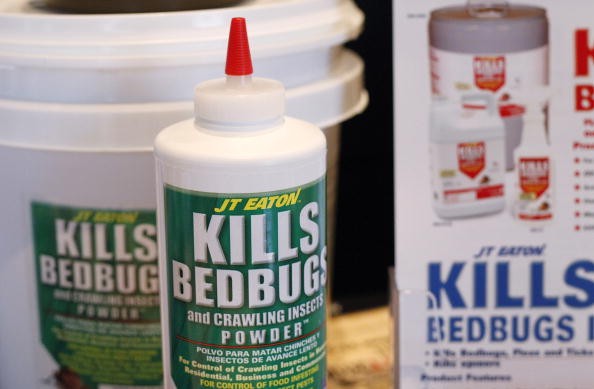
Childhood exposure to insecticides used in the home appears to be associated with an increased risk for certain types childhood cancers. This finding comes from an analysis of data from 16 studies of pesticides in the home. The analysis also found a link between childhood cancers and outdoor herbicide exposure around the home.
This type of study is called a meta-analysis. Combining data from several studies can provide researchers with stronger evidence than any that the individual studies found originally.
In this study, researchers from the Department of Environmental Health at the Harvard T.H. Chan School of Public Health looked at studies of children exposed to residential pesticides. These pesticides included those used by professional pest control services as well as indoor flea foggers, flea and tick collars for pets, and various types of roach and ant sprays. The meta-analysis included 7,400 pediatric cancer patients who were matched with 9,437 healthy control subjects.
The study found that exposure to indoor residential insecticides was associated with a 47% increased risk for childhood leukemia and a 43% increased risk for childhood lymphomas. No association was seen with outdoor residential insecticides. Outdoor pesticides used as weed killers were associated with a 26% increased risk for brain tumors.
However, this study evaluated data from a small number of original studies, which is a limitation for the results. The authors of the study emphasized that the increased risks in childhood cancers are increases in the relative risks for these diseases, which are not common to begin with.
"The incidence of childhood leukemia and lymphoma has increased in recent years, and that prompted us to look at this issue," Chensheng Lu, associate professor of environmental exposure biology at Harvard told the New York Times. "But the risks can be managed as long as parents think before using pesticides about better ways to make a house pest-proof or pest-free. That's a far more important message."
The study was published in the journal Pediatrics.

